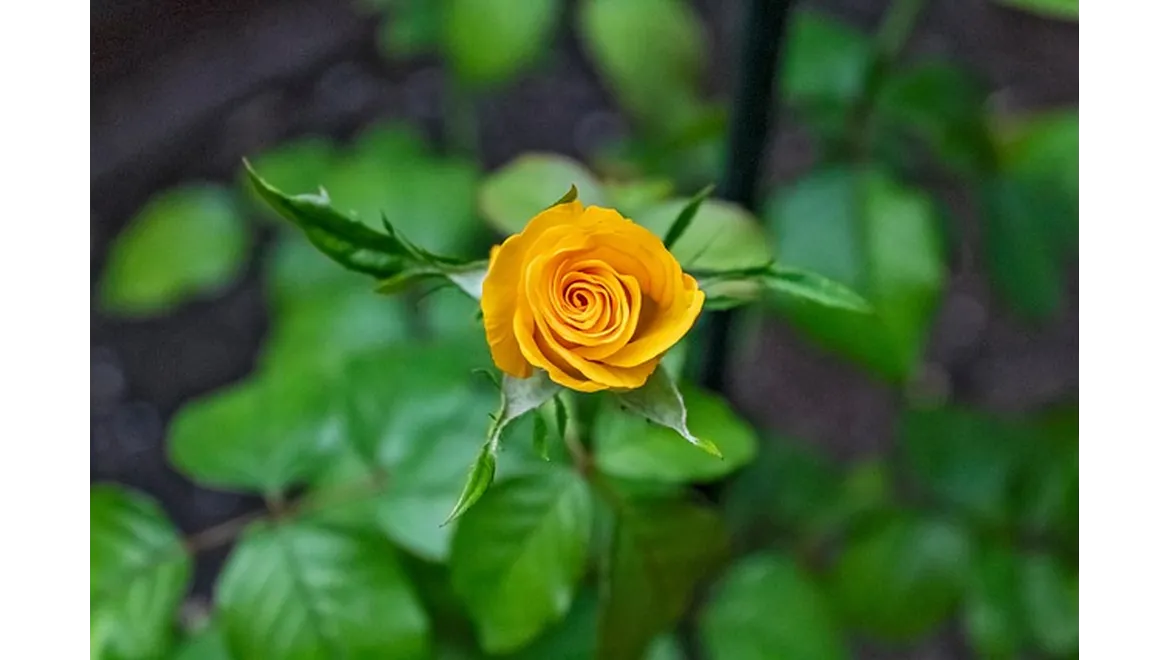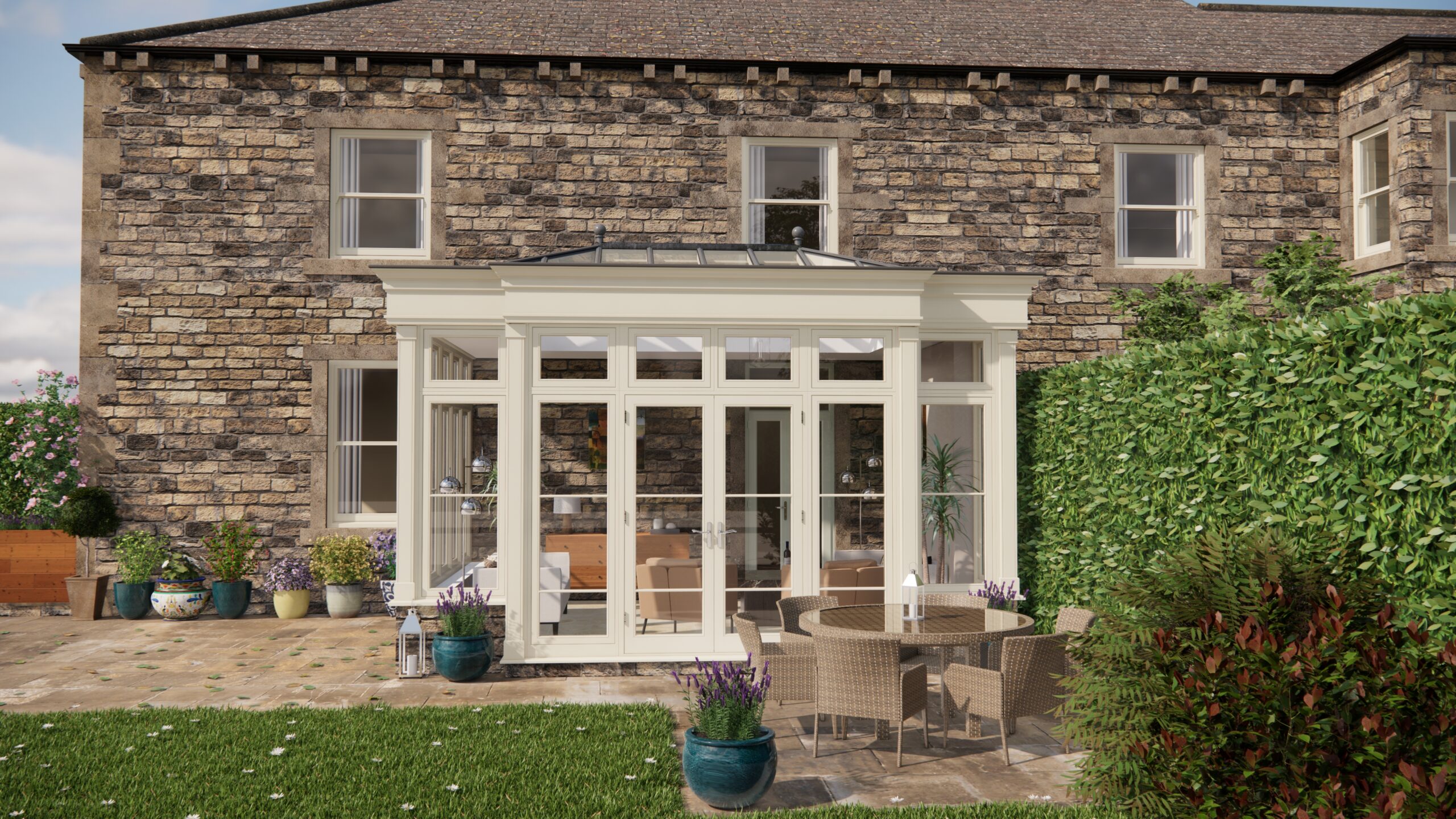Right then, let’s talk cottage gardens! I’ve always been utterly captivated by that overflowing, charmingly haphazard style – a complete contrast to the stark, formal gardens you sometimes see. For me, it’s all about embracing a bit of controlled chaos, filling every space with colour and scent. And when it comes to crafting that classic UK cottage garden look, there’s a holy trinity of plants that I simply can’t live without: roses, delphiniums, and foxgloves.
First, Roses: The Queen of the Cottage Garden. Now, I know roses can seem a bit daunting, but trust me, there are varieties perfect for our UK climate that are relatively low maintenance. For climbers, ‘Gertrude Jekyll’ is a personal favourite – incredibly fragrant, beautiful pink blooms, and generally quite robust. For shrub roses, ‘Munstead Wood’ offers deep crimson blooms and an equally intoxicating scent.
When planting roses, make sure to dig a generous hole and enrich the soil with plenty of well-rotted manure or compost. Pruning is key to good flowering. Deadhead regularly throughout the summer to encourage more blooms. In late winter or early spring, give your roses a more thorough prune, removing any dead, diseased, or crossing branches. Aim for an open, vase-like shape to allow good air circulation. Blackspot and aphids can be problems. Regular checks are vital and use rose specific feed. If these are not working then use environmentally freindly products to combat the problems.
Next, Delphiniums: Reaching for the Sky. These towering beauties add vertical drama to any border. ‘Black Knight’ with its deep indigo blooms or ‘Blue Butterfly’ for a softer sky-blue hue are excellent choices. Delphiniums need staking, especially in exposed gardens, to prevent them from snapping in the wind. Plant them in a sunny spot with well-drained soil. They are hungry feeders, so incorporate plenty of compost or well rotted manure when planting.
After the first flush of flowers, cut them back to the base to encourage a second, albeit smaller, bloom later in the season. Watch out for slugs and snails, as they love to feast on young delphinium shoots. Using slug pellets or copper tape around the plants can help deter them, I use copper tape as i have dogs and pellets can be harmful. Powdery mildew can also be an issue, especially in humid conditions. Ensure good air circulation around the plants and consider spraying with a fungicide if the problem is severe.
And finally, Foxgloves: Woodland Charm. These biennials are incredibly easy to grow and self-seed readily, adding a wild, romantic touch. The common foxglove, Digitalis purpurea, is a classic choice, but ‘Alba’ with its white flowers is also stunning. Foxgloves thrive in partial shade and prefer slightly acidic soil. They are best planted as small plants in the autumn or spring.
While relatively trouble-free, watch out for aphids and powdery mildew. They are easy to remove and treat though. Remember that all parts of the foxglove are poisonous, so be careful if you have young children or pets. Ensure you clear any dropped seed heads.
Incorporating them into your Cottage Garden Design. The key to a successful cottage garden is layering. Plant roses towards the back of the border, allowing their stems to weave through other plants. Position delphiniums in the middle, where their height will create a focal point. Use foxgloves to fill in the gaps and add a touch of informality. Don’t be afraid to mix and match colours and textures. The beauty of a cottage garden lies in its abundance and variety. Think about the location of the plants, planting roses at the front is not effective. Take photos of your borders throughout the year and keep a note of whats missing at each stage.
Consider the placement of these beauties in relation to your orangery. The height of the delphiniums, coupled with the scent of the roses, viewed from the comfort of your orangery, elevates the experience. Creating a symphony of colour and scent that blurs the line between indoors and out.
So, there you have it. Roses, delphiniums, and foxgloves: three plants that, in my humble opinion, are essential for creating a truly enchanting UK cottage garden. The fragrance of the rose, the height of the delphinium, and the softness of the foxglove. Together they provide an effective backdrop to other plants. Regular checking, appropriate soil conditioning and considered planting plans are the key.


